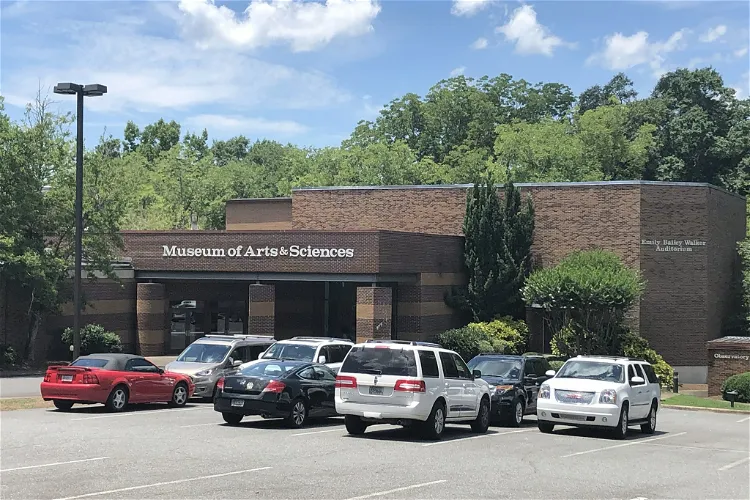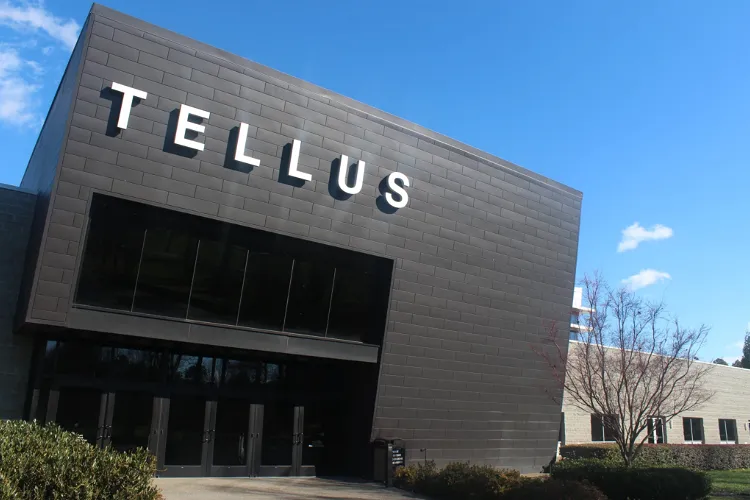Are you a stargazer eager to learn more about the universe? These are the best astronomy museums in Georgia:

Fernbank Science Center
Druid Hills, GAThe Fernbank Science Center, located in Atlanta, serves as a museum, classroom, and woodland complex. It offers a unique blend of educational and recreational opportunities, making it an ideal destination for both students and tourists. The center is owned and operated by the DeKalb County School System, ensuring that it remains a vital part of the local educational infrastructure.
Thronateeska Heritage Center Museums and Planetarium
Albany, GAThe Thronateeska Heritage Center, located in Albany, Georgia, is a non-profit organization that was established in 1974. Its primary purpose is to preserve history and promote science education in the Southwest Georgia region. The center is a testament to the commitment of the local community to safeguard their rich history and promote educational initiatives.
Museum of Arts and Sciences
Macon, GAThe Museum of Arts and Sciences in Macon, Georgia, offers a diverse range of attractions for visitors. The facility includes four galleries that host frequently changing exhibitions, providing a fresh experience for repeat visitors. The Discovery House is a hub of hands-on activities, perfect for families and those interested in interactive learning. The museum also houses live animal habitats, a planetarium, a nature trail, a garden, a store, an auditorium, and classrooms.
Tellus Science Museum
Cartersville, GAThe Tellus Science Museum, located near Cartersville, Georgia, is a natural history and science museum with a facility spanning over 120,000 square feet. This expansive space is dedicated to the exploration and understanding of natural history and scientific phenomena, offering a wide range of exhibits and displays for visitors of all ages.